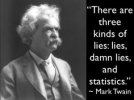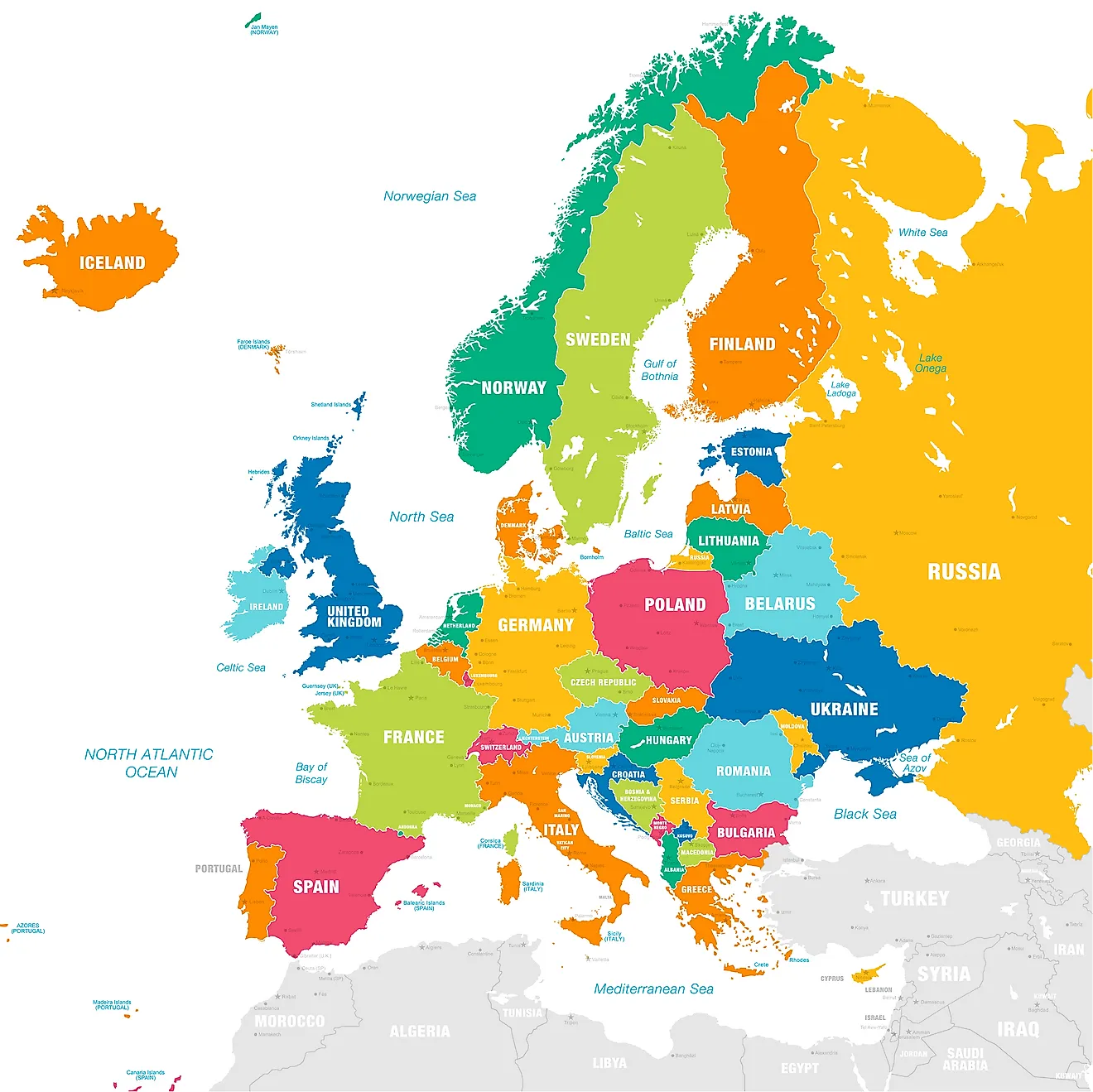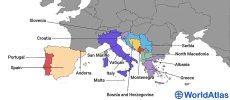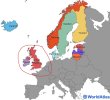LanaPodesta
Member
- Aug 2, 2024
- 436
- 63
I've noticed that despite the USA having a large number of churches and a strong history of public religiosity, it also seems to have a much higher number of people identifying as atheist, agnostic, or "nones" compared to many traditionally Orthodox Christian countries (like Greece, Serbia, or Russia).
In many Orthodox countries, even after years of communism or secular pressure, cultural and religious identity remains closely tied to the Church. Meanwhile, in the US, there's been a sharp rise in secularism, especially among younger generations.
Why do you think that is?
Is it something about the style of Christianity most common in the US (e.g. evangelicalism, denominational fragmentation)?
Is it linked to American individualism, consumerism, or something in the education system?
Or is it that Orthodoxy, with its deep liturgical and mystical tradition, offers something more rooted or resilient?
Would love to hear your thoughts. I'm asking in good faith and open to learning from different perspectives.
Happy to post statistics to anyone asking for them!
In many Orthodox countries, even after years of communism or secular pressure, cultural and religious identity remains closely tied to the Church. Meanwhile, in the US, there's been a sharp rise in secularism, especially among younger generations.
Why do you think that is?
Is it something about the style of Christianity most common in the US (e.g. evangelicalism, denominational fragmentation)?
Is it linked to American individualism, consumerism, or something in the education system?
Or is it that Orthodoxy, with its deep liturgical and mystical tradition, offers something more rooted or resilient?
Would love to hear your thoughts. I'm asking in good faith and open to learning from different perspectives.
Happy to post statistics to anyone asking for them!









